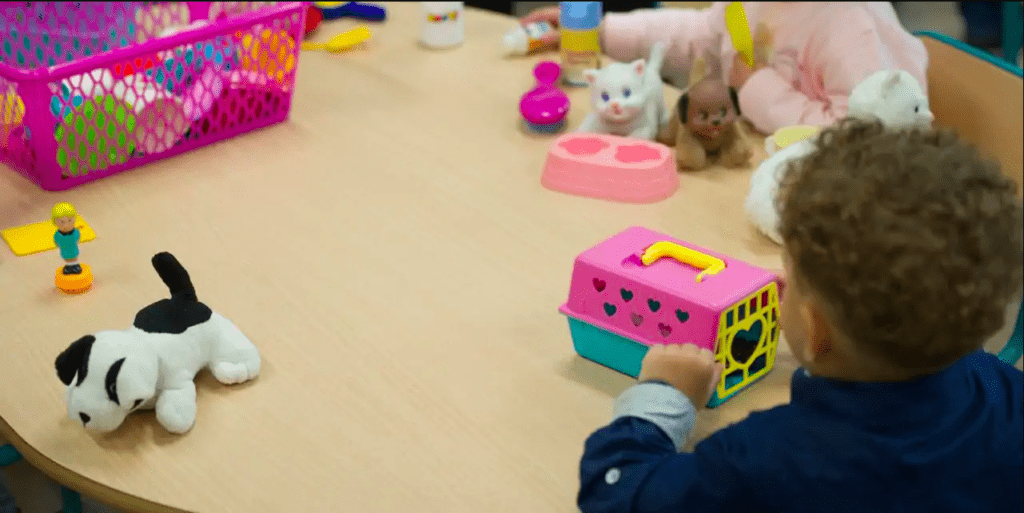Dutch-language kindergartens are more favourable to kids with Belgian-sounding surnames than to those with surnames suggesting different national origins, new university research found.
Sociologists at Ghent University (UGent) and at the Vrije Universiteit Brussels (VUB) sent 2,243 emails to Dutch-speaking kindergartens in Brussels and in Flanders asking for information to enrol their kids.
For the study, VUB researchers Dounia Bourabain and Pieter-Paul Verhaeghe and Peter Stevens, from UGent, used three different emails signed by fictitious couples whose surnames suggested they were of Belgian, North African and Sub-Saharan descent.
Related News
- Belgium in Brief: What Happens When Kids Return To School?
- Belgian kids return to school: which measures apply?
- Belgium faces 400 new daily coronavirus cases when schools restart
The researchers also peppered other indicators of class status and education level in the emails, by, for example, purposefully including spelling or grammar mistakes or by including information about the parents' occupations.
But each email asked kindergarten administration for the same thing: to get a tour of the school grounds as well as for information on the enrolment procedure.
Too diverse, less prestigious
While class status or national origins did not appear to have an effect on whether fictional parents' got a reply, the results showed that kindergartens were invariably more favourable to couples with Belgian-sounding surnames who also appeared to belong to the middle-class.
The researchers, who all specialise in different types of ethnic and social discriminations, said that the fictitious Belgian couples had up to 70% more chances of successfully enrolling their toddler in school.
By contrast, the rate of positive responses to enrolment requests to couples appearing to be of Sub-Saharan or North-African descent plummetted to 40% and 38%, respectively.
Likewise, couples of Belgian origins had 70% more chances of being invited to visit the school, compared to 31% of the Sub-Saharan couples and 32% of North-African ones.
When it came to the chance to get invited for a tour of the school grounds, Belgian families' chances of getting a positive response (76%) remained significantly than those of working-class and non-Belgian couples (36%).
And couples of non-Belgian ethnicity were doubly punished if they also appeared to belong to the working class, with only 18% of Sub-Saharan and 22% of North-African parents of poorer backgrounds being invited to see the school.
Bourabain said that the research suggests that kindergartens —who teach toddlers and young kids up to five years old— are striving to enrol more children of white, middle-class families in an effort to align themselves with some Flemish parents' notions that the ethnic makeup of a nursery school directly affects how prestigious the teaching is.
"They do this mainly because many Flemish parents still find a school with little diversity more prestigious," she told Bruzz. "The more toddlers and young kids with a migration background there are in a class, the lower they estimate the quality of the education to be."
"When a kindergarten becomes more diverse, it may even be a reason for some parents to change to another preschool," Bourabain said, adding: "This is why some boards make a lot of effort to attract more kids from the white middle class."
Gabriela Galindo
The Brussels Times

